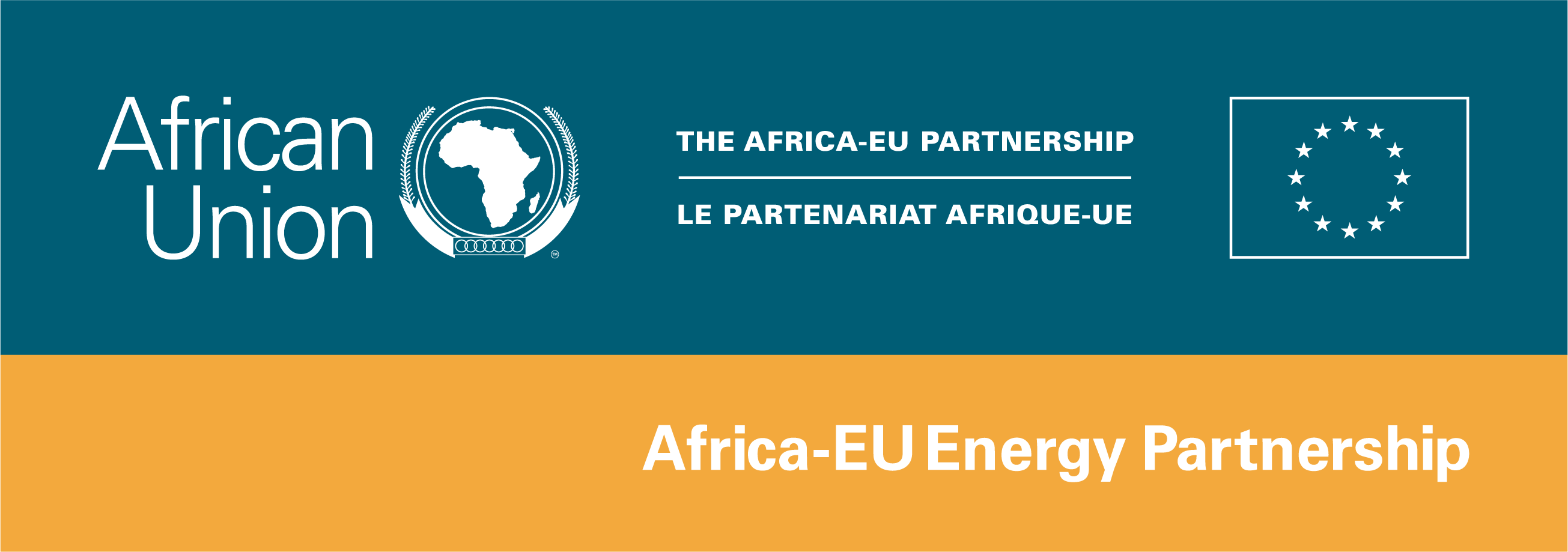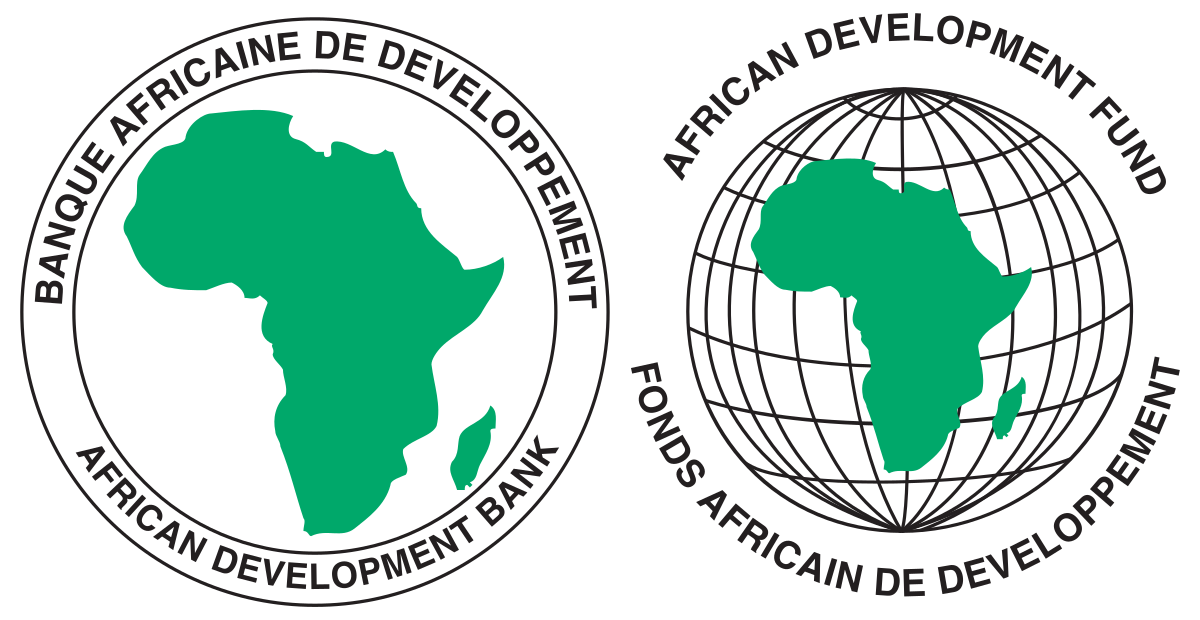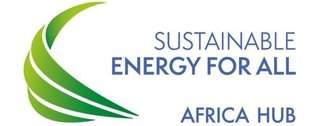Description
The recognition that energy plays a crucial role in facilitating socio-economic development, and that its insufficient provision impedes development, has brought energy at the forefront of national, regional and global priorities. Despite this appreciable progress in electrification, over 595 million people in Africa still do not have access to electricity. The latest global SDG7 progress tracking calls for further impetus in addressing the policy and regulatory environment as they remain vital challenges, and addressing the deteriorating fiscal position of national utilities as a
progress risk. Assessments are also emerging that closing the financial gap requires, amongst others, improvements in the legal/regulatory environment of the power sector, particularly in attracting private sector investments of US$ 90 billion per year.
The regulatory environment in the energy sector of Africa is crucial to enhance the effective engagement of the private sector to accelerate progress. There are numerous methodologies in use currently on the regulatory regimes in the power sector, including governance and effectiveness indexes. However, a methodology on regulatory reforms to facilitate private sector investment is not sufficiently developed with well-suited policy and regulatory reform applications, along the energy supply value chain.
The regulatory methodology adopted in the project aims to assess the effectiveness of electricity sector policy and regulatory frameworks in their ability to attract private investment. The methodological approach takes on the investor’s perspective and investigates fundamental policy and regulatory elements which characterize an enabling framework for the scale-up of investments in new electricity infrastructure.





